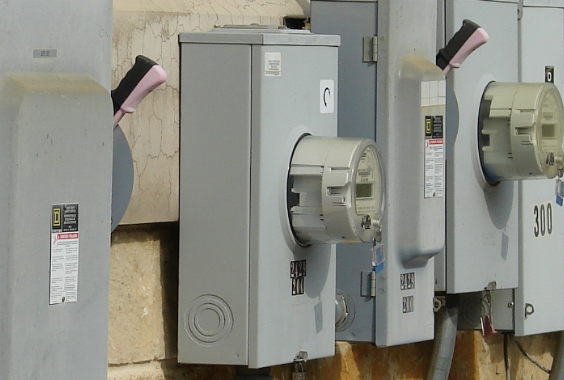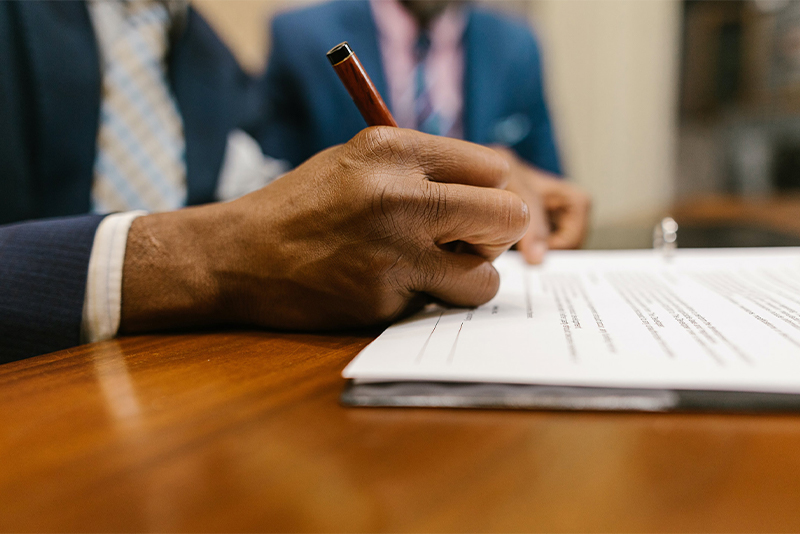The Lease
A lease, either written or oral, is a legal contract which transfers possession and use of a rental property to a tenant for a specified time period. The lease should define the respective rights and obligations of the landlord and the tenant. While a verbal agreement is legally enforceable if it can be proven, it is highly recommended to have a written lease. Many legal disputes arise because of a failure to get an agreement in writing. Every detail of the lease agreement, no matter how small, is worth putting in writing.

Lease Overview
It is critically important as a landlord, that you have a well written lease which complies with Pennsylvania Landlord Tenant Law and also addresses additional issues such as smoking, guests, animals, subletting, etc.
Utilities
Whether a lease is written or verbal, both parties must agree on which party is responsible for paying the utility bills. The tenant may be responsible for some utilities, such as electric and gas, while the landlord may be responsible for others, such as water and sewer. Make sure that the lease outlines who is responsible to pay for which utilities.


Security Deposits
A security deposit is money that belongs to the tenant but is held by the landlord for protection against damages. The tenant is responsible for the rental payments for the entire length of the lease.
Lease Renewal
Leases are legal contracts whether they are verbal or written. A lease may specify that it automatically renews if no notice is given by either party. The lease may automatically renew for another year or on a month-to-month basis.

